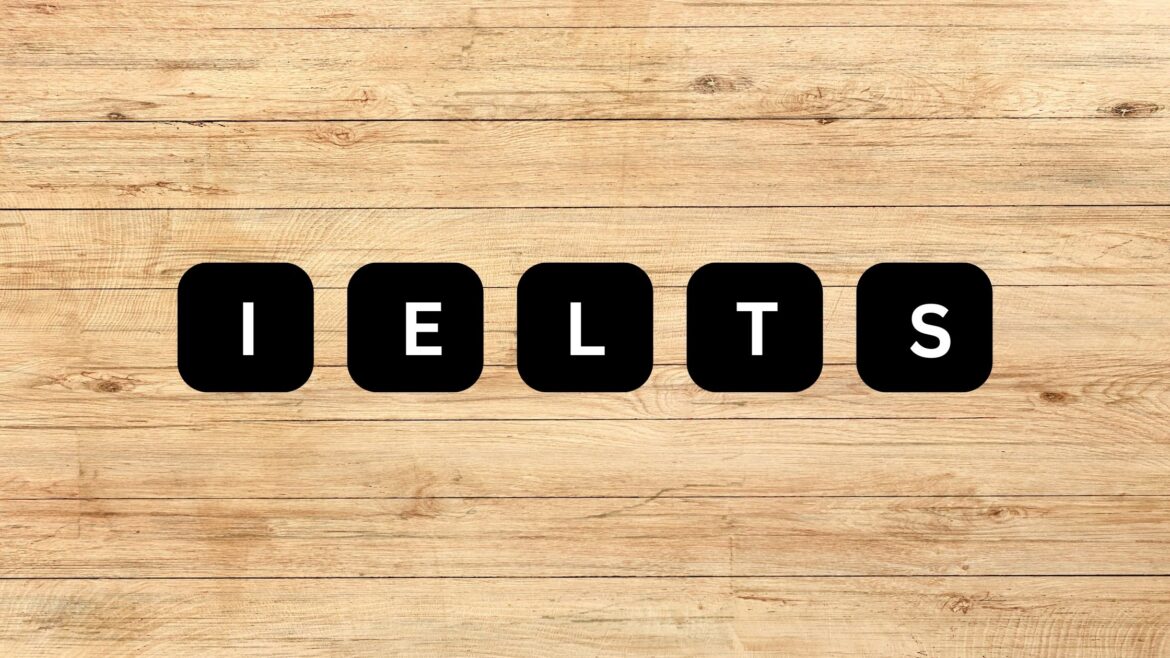- Understand the Test Structure: Ensure that both instructors and students have a thorough understanding of the IELTS exam structure, including the four sections: Listening, Reading, Writing, and Speaking.
- Diagnostic Assessment: Begin with a diagnostic assessment to identify students’ strengths and weaknesses in each section of the test. This helps tailor the preparation program to individual needs.
- Set Clear Goals: Establish clear goals for each student based on their target scores and timeline. Break down these goals into manageable tasks and timelines to track progress effectively.
- Focus on Language Skills: Design a curriculum that covers all language skills tested in the IELTS exam: reading, writing, listening, and speaking. Allocate sufficient time to practice each skill, with emphasis on areas where students need improvement.
- Mock Tests and Practice Sessions: Regularly administer mock tests to simulate the exam environment and help students become familiar with the format and time constraints. Provide feedback on performance and conduct practice sessions to address specific weaknesses.
- Vocabulary Enhancement: Incorporate vocabulary-building activities into the curriculum to help students expand their word bank and improve their ability to express ideas effectively in both written and spoken English.
- Grammar and Sentence Structure: Offer targeted instruction on grammar rules and sentence structure, as these are essential for achieving a high score in the writing and speaking sections of the exam.
- Speaking Practice: Devote ample time to speaking practice sessions, including individual and group discussions, role-plays, and pronunciation drills. Encourage students to express their opinions fluently and coherently while also focusing on pronunciation and intonation.
- Reading and Listening Strategies: Teach students effective strategies for tackling the reading and listening sections, such as skimming, scanning, and predicting answers. Provide practice materials that reflect the complexity and diversity of texts and audio recordings found in the actual exam.
- Feedback and Monitoring: Provide regular feedback on students’ progress and areas needing improvement. Monitor their performance closely and adjust the teaching approach as necessary to ensure steady progress towards their target scores.
By following these tips, an IELTS academy can effectively prepare students for success in the exam and help them achieve their desired scores.










